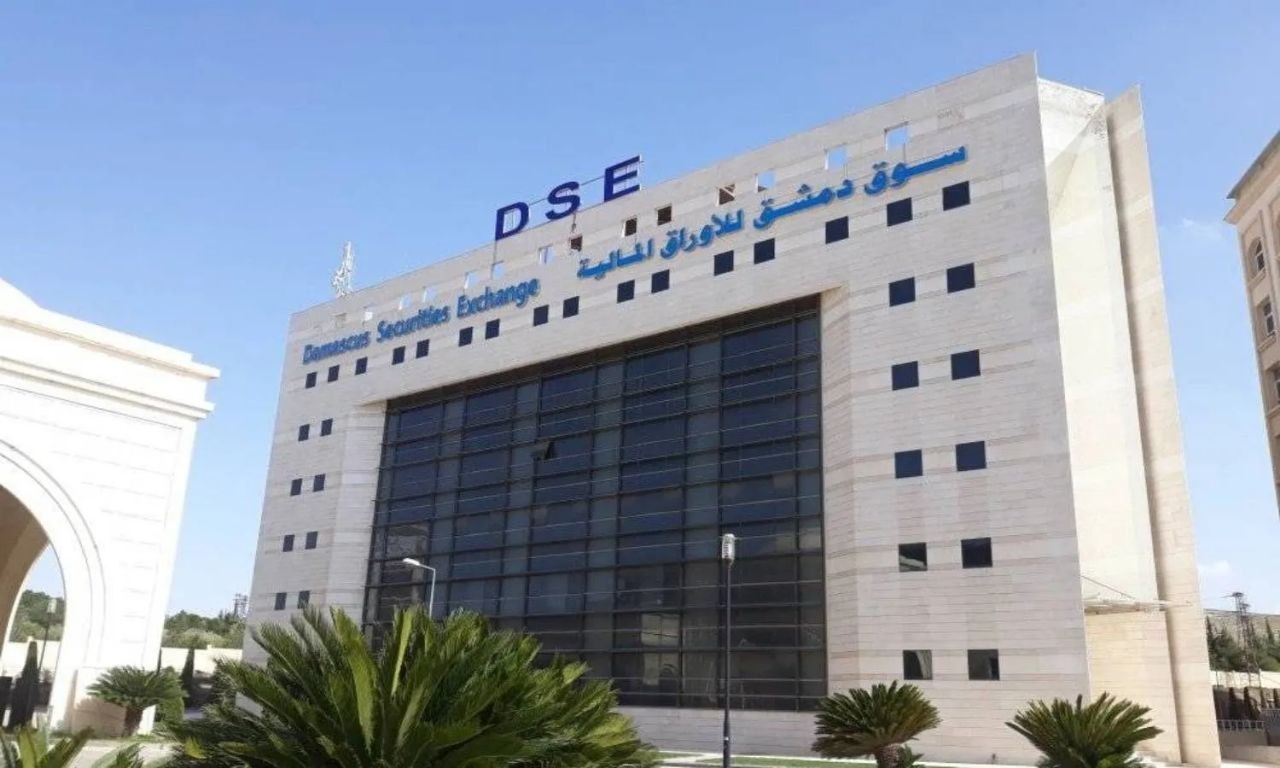 In an effort to revitalize the Syrian economy, Abdulrazzaq Qassim, Chairman of the Board of Commissioners of the Syrian Securities and Financial Markets Authority, announced an ambitious plan to develop the financial sector in cooperation with the Ministry of Finance. The initiative is built on several strategic pillars aimed at diversifying financial instruments and enhancing transparency within the market.
In an effort to revitalize the Syrian economy, Abdulrazzaq Qassim, Chairman of the Board of Commissioners of the Syrian Securities and Financial Markets Authority, announced an ambitious plan to develop the financial sector in cooperation with the Ministry of Finance. The initiative is built on several strategic pillars aimed at diversifying financial instruments and enhancing transparency within the market.
Investment Funds and Islamic Sukuk
Qassim explained that one of the central components of the plan is the diversification of securities traded on the Damascus Securities Exchange (DSE). He noted that the Authority is working on legislation to establish investment funds, describing them as an effective mechanism for pooling savings and channeling them into the productive sector.
He also revealed that a draft law regulating Islamic sukuk, an Islamic financial certificate, similar to a bond in Western finance, to raise capital without violating religious prohibitions on interest, has been submitted to higher authorities and is expected to be issued soon. He described these instruments as essential for financing projects during the reconstruction phase by attracting local savings and directing them toward development initiatives.
Qassim highlighted the authority’s ongoing efforts to strengthen its supervisory and regulatory role. He stated that amendments to disclosure regulations have been underway for a year and have contributed to providing shareholders and investors with a clearer and more transparent picture of companies’ economic realities.
The new system governing corporations is aligned with international standards, and is near completion. This framework will establish new rules for the management of companies, ensuring equal treatment of all shareholders and protecting their rights, thereby improving company performance and guiding them toward sound practices.
Crowdfunding and Reforming the Public Sector
A key pillar of the reform plan is increasing the number of publicly traded companies. Qassim indicated that a primary avenue for achieving this goal is reforming the public sector by offering shares of select government companies for public subscription. Transforming these entities into publicly traded companies would subject them to governance and oversight standards and integrate them more effectively into the national financial market.
Qassim also emphasized the importance of small and medium enterprises, describing them as a fundamental pillar of the Syrian economy. He announced that work is underway to establish legislation allowing for the creation of crowdfunding platforms aimed at financing such projects and supporting their continued role in economic development.
Through this integrated approach, the Securities and Financial Markets Authority aims to develop a dynamic and effective financial sector capable of supporting economic growth and meeting the demands of Syria’s reconstruction phase.








